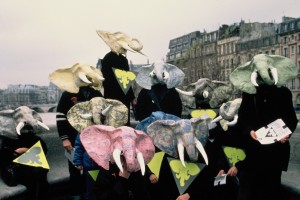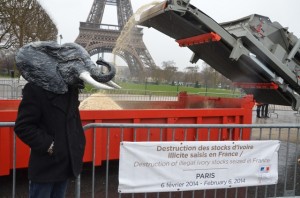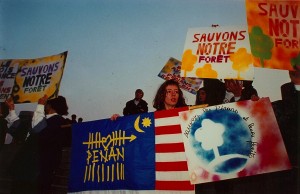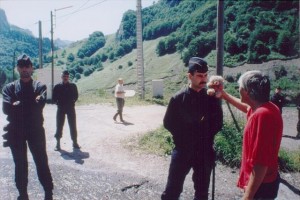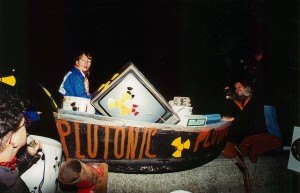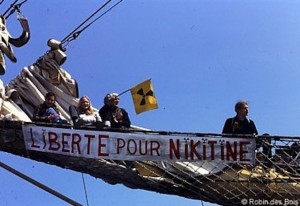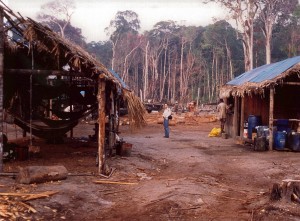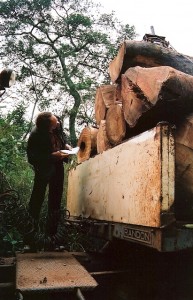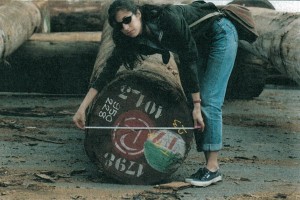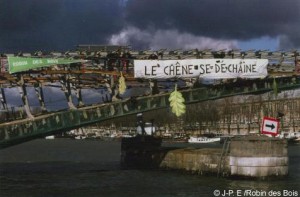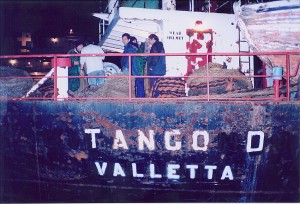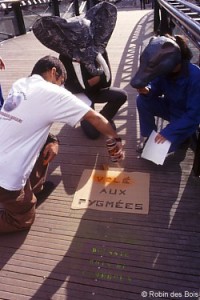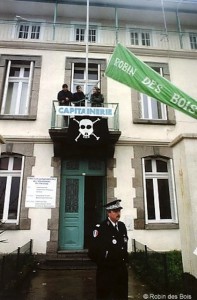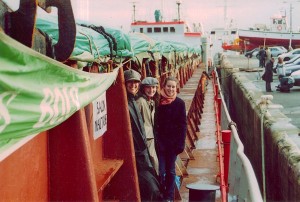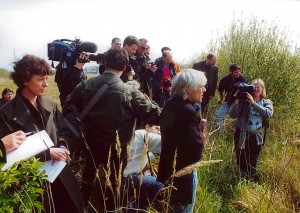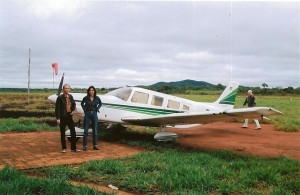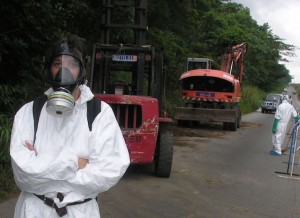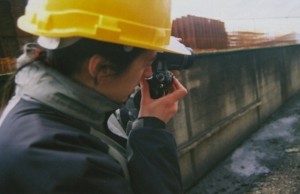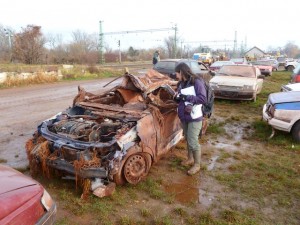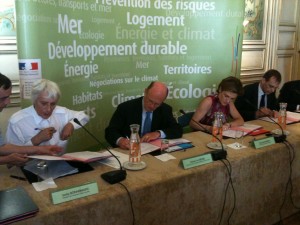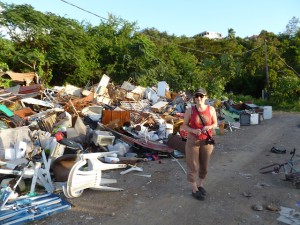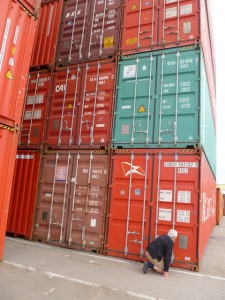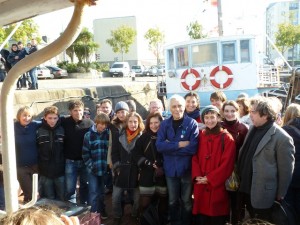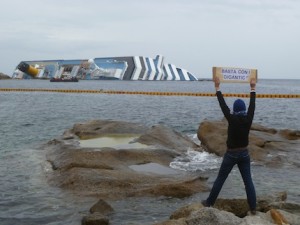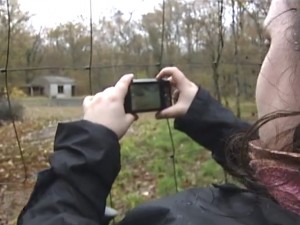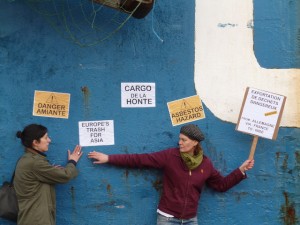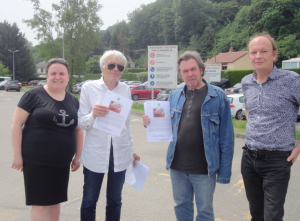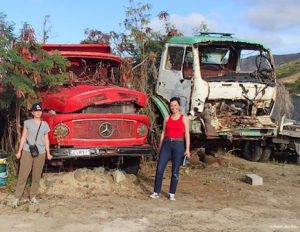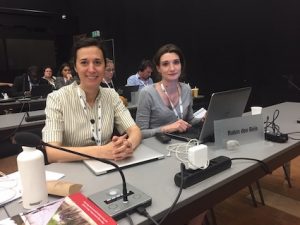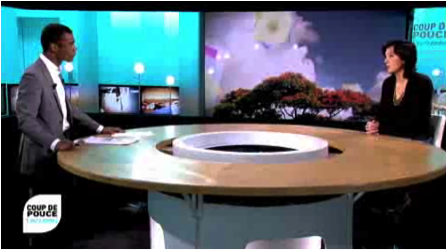Direct access to pictures
Direct access to videos
Robin des Bois was founded in France in 1985 by pioneers of environmental protection. The NGO’s orientation is decided on by a board elected by the member’s General Assembly and carried out by 8 full-time staff members with multidisciplinary skills. Robin des Bois’ objective is the protection of Man and the Environment by means of all forms of research and non-violent action. Words are our only weapon. On ground investigations, bibliographic synthesis, publishing reports, press releases, letters to authorities, regular participation to a dozen institutional consulting groups and international conventions: we are at work with our grey matter, solid boots and a good dose of flair. We put forward technical, historical, geographical, sometimes philosophical arguments, with a strong will to remain concrete and constructive.
Robin des Bois is supported by a national and international network of supporters and professionals in areas such as the maritime community, anti-environmental criminality, risk management, waste and polluted sites. The NGO is not affiliated to any political party. Our campaigns require perseverance and are to be carried out over the long term. Robin des Bois also takes legal action and part took in the success of the historical law suit concerning the Erika oil spill, and such without the help of a lawyer. The NGO is in France accredited for the protection of the environment.
Robin des Bois around the world.
Robin des Bois publishes in French and English two quarterly information and analysis bulletins: since 2006 “Shipbreaking”, treats of ship demolition and since 2013 “On the Trail” tracking on an international level events of poaching and trafficking in endangered animal species. Both publications are useful tools appreciated as such on a global level. The NGO is an observer to CITES (Convention on International Trade in Endangered Species of Wild Fauna and Flora), the OSPAR Convention for the protection of the North-East Atlantic, the International Whaling Commission and ICCAT (International Commission for the Conservation of Atlantic Tunas).
Robin des Bois close to home.
In France, alongside neighborhoods or on its own, the organization tackles pollutions and degradations considered unimportant to some but very important for us: re-use of railroad ties processed with carcinogenic substances, a polluted area contaminated by the closed petrol station at the entrance of town, cutting of trees, hedges and groves, waste dumps next to river sides…
Robin des Bois historian.
Thanks to its archives and historical research, the association elaborates inventories of sites polluted by past industrial or commercial activities and armed conflict. It has thus published inventories of former gas plants, sites polluted by PCBs, locations where war remains have been discovered (bombs, mines, shells…), inventories of sites where radium was used and polluted sites in the Arctic. These reports including recommendations intend to remind the States and real estate promoters of what they might tend to forget.
Robin des Bois in the future.
Industrialization of the sea, the race towards gigantism in shipping, specifically regarding container ships, the hazards of 3D technology, we have seen it all coming and take action so that the worst does not come from it. When the ship the Probo Koala was used as a floating refinery in the Mediterranean Sea and unloaded the toxic waste in Africa, Robin des Bois led an international investigation, published a book and successfully put pressure on the International Community. The NGO has made a top priority of prevention and management of waste from natural and industrial disasters that over the 21st century promise to be devastating. Robin des Bois also looks out towards the cosmos and has published a report on space waste (out of use satellites, rocket sections…), a first of a kind on Earth.
Robin des Bois outright.
Destroying forests and all wildlife they harbor in the name of wood-based energy, sending latex shreds into birds’ stomachs by releasing balloons for celebrations or commemorations, transforming the ocean into windmill factory farms, abolishing one fishing methods without previously studied human and environmental collateral effects, we are outright against it.
Robin des Bois on a tightrope.
Too many tasks, not enough money, thus is the strenuous path Robin des Bois treads upon. The NGO’s yearly revenue is of about 300,000 euros and comes from 4 sources: donations and membership, sale of jojoba oil and vegetable ivory respectively being a substitute to spermaceti and elephant ivory, environmental consulting and a subsidy from the Ministry of Environment. “How do you manage to do so much with so little?” we are sometimes asked. The answer is that we believe in what we do.
A
• Les statuts de Robin des Bois (pdf)
• L’arrêté portant agrément national – 15 mars 2019 (pdf)
• L’arrêté portant renouvellement de l’agrément national – 10 janvier 2014 (pdf)
• L’arrêté portant agrément national – 4 décembre 2008 (pdf)
The latest annual reports presented at the General Assembly of members (in French only):
• Assemblée Générale du 23 février 2019, rapport d’activités 2018, rapport financier 2018 et prévisionnel 2019 (pdf)
• Assemblée Générale du 9 décembre 2017, rapport d’activités 2017, rapport financier 2016 et prévisionnel 2017 (pdf)
• Le rapport d’activités 2016 (pdf)
• Assemblée Générale du 3 décembre 2016, rapport moral et financier 2015 (pdf)
• Assemblée Générale du 7 mars 2015, rapport moral et financier 2014 (pdf)
• Assemblée Générale du 1er mars 2014, rapport moral et financier 2013 (pdf)
• Assemblée Générale du 23 mars 2013, rapport moral et financier 2012 (pdf)
• Assemblée Générale du 10 décembre 2011, rapport moral et financier 2010, rapport moral et point financier 2011 (pdf)
• Assemblée Générale du 30 avril 2010, rapport moral et financier 2009 (pdf)
- Robin des Bois pour les éléphants, Paris 1989
- Robin des Bois pour les éléphants, Paris 2014
- Peuple forestier et bois tropical, Paris 1991
- Grands travaux, tunnel du Somport, Vallée d’Aspe, France 1992
- Nucléaire, Cherbourg, France 1992
- Nucléaire, à bord du Sedov, navire-école russe , Cherbourg, France 1996
- Bois tropical, Amazonie, Brésil 1997
- Bois tropical, Cameroun 1998
- Bois tropical, Nantes, France 1999
- Bois tropical, Paris 1999
- Occupation du navire poubelle Tango D, ex-Kifangondo, à Dunkerque 1999
- Bois tropical, avec Bruno Manser, Rennes, France 1998
- Sécurité maritime, Brest, France 2000
- Salon nautique sur le navire sous-normes Han à Brest 2000
- Déchets de marées noires, Le Havre, France 2000
- Bois tropical, Bolivie 2003
- Déchets toxiques, Abidjan, Côte d’Ivoire 2006
- Risques industriels, Rouen, France 2008
- Mise en place de l’exposition Monstres des Mer, Angers, France 2008
- Déchets post-catastrophe, Ajka, Hongrie, 2010
- Signature de la Charte bois traités, ministère de l’Ecologie, Paris 2010
- Déchets en Guadeloupe, France 2011
- Sécurité maritime, Le Havre, France 2011
- Remise du Mérite Maritime à Cherbourg, France 2011
- Naufrage du Costa Concordia, Ile de Giglio, Italie, 2012
- Déchets de guerre, Verdun, France 2013
- Démolition des navires, Rouen, France 2013
- “Vous aussi, venez au secours des orangs-outans”. A la rencontre des collaborateurs de l’usine Nutella à Villers-Ecalles, Seine-Maritime, France, mai 2018
- Enquête sur les déchets post-cyclone Irma, Saint-Martin, Antilles françaises, juin 2018
- Pour les éléphants, les concombres de mer, les tortues étoilées de l’Inde, les geckos tokays …, Convention CITES, Genève, Suisse, août 2019
Robin des Bois présenté à Renaud en 1986 sur Antenne 2 (images INA)
Robin des Bois présenté à David Delos en 2012 sur TV5 Monde




